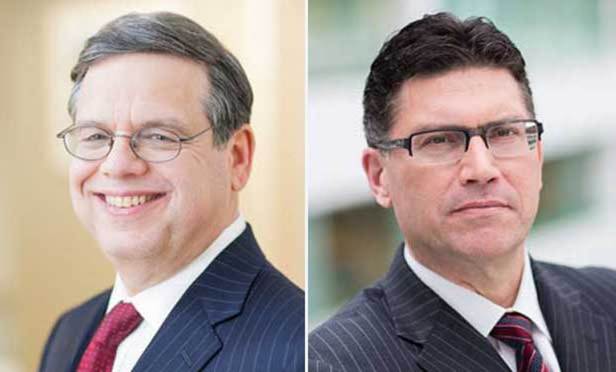In In re Optim Energy LLC (Walnut Creek Mining v. Cascade Investment LLC), Civ. No. 14-738-LPS (D. Del. Mar. 13, 2015), U.S. District Judge Leonard P. Stark of the District of Delaware considered an appeal from the bankruptcy court’s denial of a creditor’s motion for derivative standing. The opinion is noteworthy for two reasons: first, for its brief discussion of the requirements for a creditor to obtain derivative standing, and second, for its discussion of the requirements to state causes of action for recharacterization of a debt as equity and for equitable subordination.
In 2003, the U.S. Court of Appeals for the Third Circuit joined several other circuits in recognizing that the bankruptcy court, as a court of equity, has the power to authorize a creditors’ committee to sue derivatively to recover property for the benefit of the estate, in Official Committee of Unsecured Creditors of Cybergenics v. Chinery, 330 F.3d 548 (3d Cir. 2003). In so doing, the court found that the potential for a derivative suit by a creditors’ committee provides a critical safeguard against lax pursuit of avoidance actions by debtors-in-possession, who may be unwilling to pursue claims against individuals or businesses, such as insiders or critical suppliers, with whom they have ongoing relationships. Even if a debtor were willing to bring an avoidance action, it might be too financially weakened to vigorously pursue the claims. In either case, the court concluded, the real losers are the unsecured creditors whose interests avoidance actions are designed to protect. The court rejected arguments that allowing derivative suits might dissipate the value of the estate, that bankruptcy courts could not serve as competent gatekeepers for the purpose of deciding when to authorize derivative standing, or that derivative suits might consume significant judicial resources that would not have been necessary if creditors lacked derivative standing. The court concluded, “Derivative standing is a valuable tool for creditors and courts alike in Chapter 11 proceedings, and we do not believe that any of the proffered alternatives could serve as a realistic substitute for that standing.” The ruling has since been applied to allow the bankruptcy court to confer standing on individual creditors as well as creditors’ committees.



